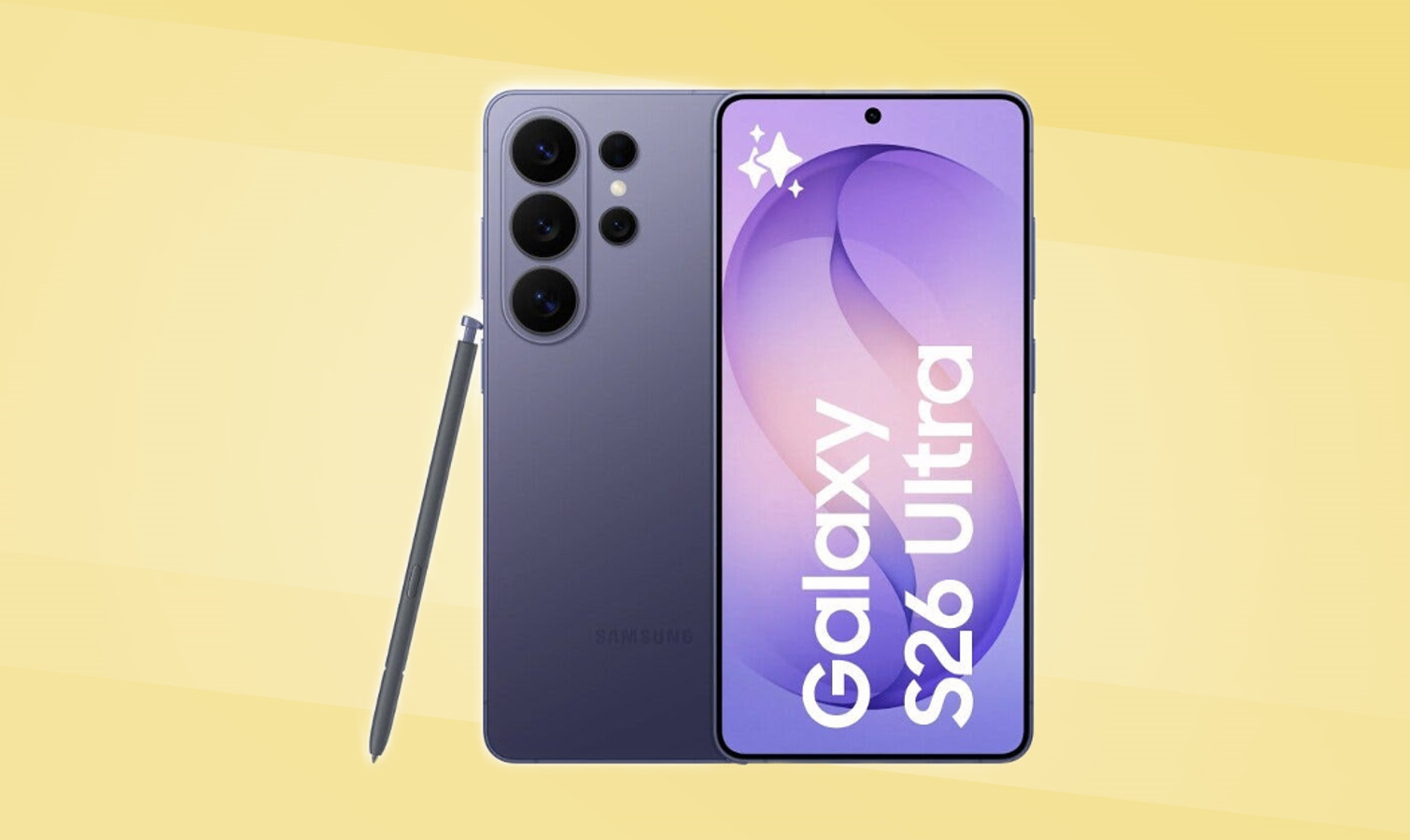I almost returned to Android — but the iPhone kept dragging me back
Android is great, but the iPhone has a firm grip on me
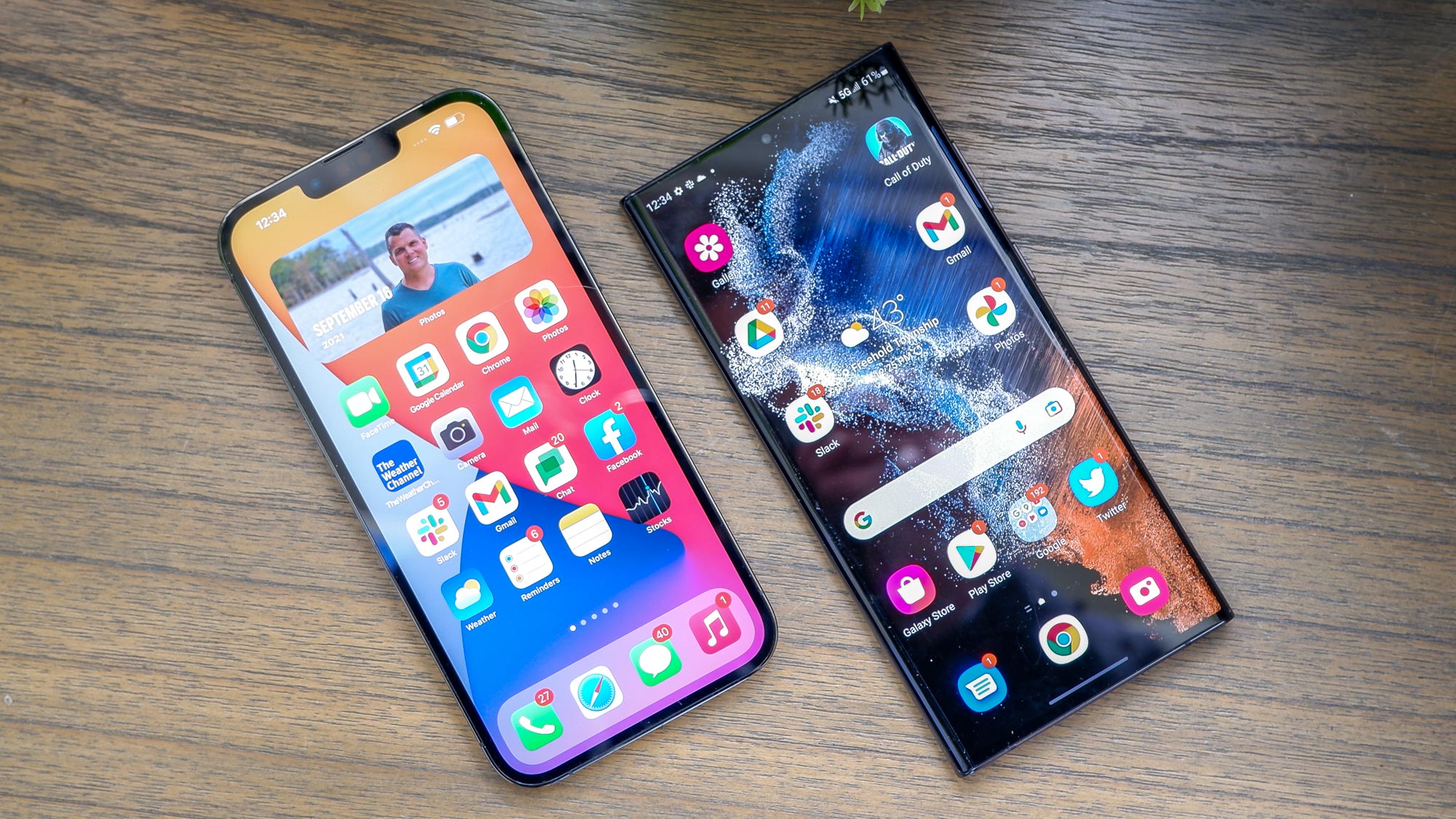
Here at Tom’s Guide our expert editors are committed to bringing you the best news, reviews and guides to help you stay informed and ahead of the curve!
You are now subscribed
Your newsletter sign-up was successful
Want to add more newsletters?

Daily (Mon-Sun)
Tom's Guide Daily
Sign up to get the latest updates on all of your favorite content! From cutting-edge tech news and the hottest streaming buzz to unbeatable deals on the best products and in-depth reviews, we’ve got you covered.

Weekly on Thursday
Tom's AI Guide
Be AI savvy with your weekly newsletter summing up all the biggest AI news you need to know. Plus, analysis from our AI editor and tips on how to use the latest AI tools!

Weekly on Friday
Tom's iGuide
Unlock the vast world of Apple news straight to your inbox. With coverage on everything from exciting product launches to essential software updates, this is your go-to source for the latest updates on all the best Apple content.

Weekly on Monday
Tom's Streaming Guide
Our weekly newsletter is expertly crafted to immerse you in the world of streaming. Stay updated on the latest releases and our top recommendations across your favorite streaming platforms.
Join the club
Get full access to premium articles, exclusive features and a growing list of member rewards.
Early last year, I made the jump from my Pixel 4 XL to the iPhone 12 Pro. Since then, I received an iPhone 13 Pro Max and Pixel 6 Pro, two phones I really enjoy. Both take incredible photos, easily trading blows in most circumstances. I face a conundrum every day on which one I'd like to use.
But I've thus far settled on the iPhone after much internal debate. After more than a year on iOS, I've gotten used to the quirks, but more importantly, I've grown accustomed to its strengths. I've broken down many of those key strengths in my iPhone vs. Android face-off, but this is a personal take.
What does the iPhone 13 Pro Max do that keeps dragging me back when I think about switching to the Pixel 6 Pro? There are four things that come to mind.
Apple's ecosystem
You often hear about the benefits of Apple's ecosystem, especially if you use more than one of the company's products. I use a 2015 MacBook Pro for work — another change I made last year after months of consideration — so I have easy access to iMessage (which most of my friends use) on my phone, laptop, and watch. The pictures I take for review purposes easily sync to iCloud Photos, and stuff I save to iCloud on my phone is easily accessible on my MacBook.
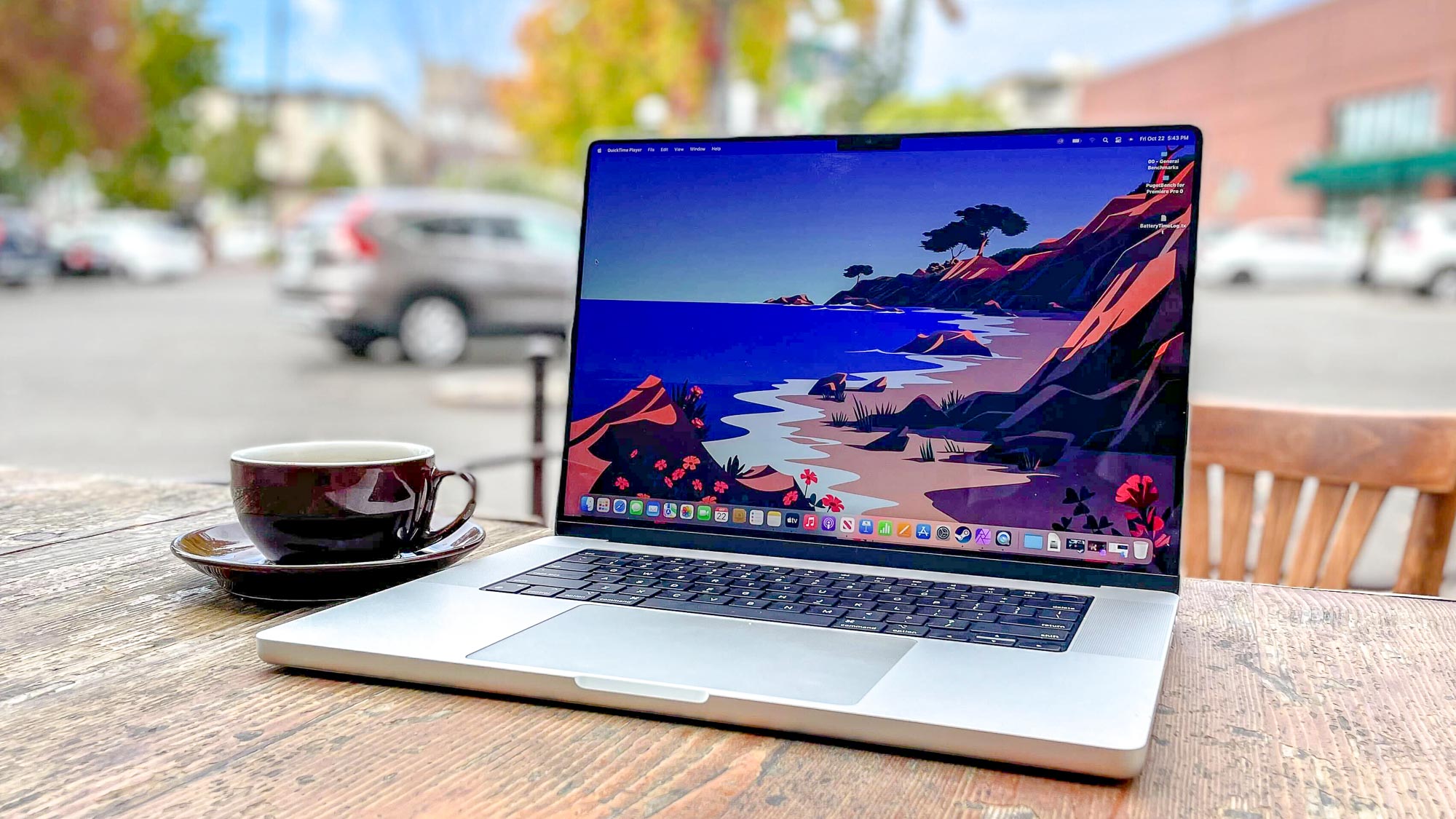
I also purchased an Apple Watch Series 7, which has further entrenched me in the Apple walled garden. Android smartwatches, which I've used since Android Wear's inception, pale in comparison to my Apple Watch. Battery life is great, notifications are easy to handle, and I love the health features.
I'll admit that if Apple opened up iMessage to Android, or even supported RCS, I'd be more willing to switch to Android again. I'll also fess up to a bit of sunk cost fallacy in regards to my watch. I spent several hundred dollars on it, so I don't want it to sit in a drawer. But I also don't like the idea of going back to my Fossil Gen 5, which will not get Wear OS 3.
Other than some minor issues when I changed the email for my Apple ID, I've had a pretty nice experience in the Apple ecosystem. When I switched MacBook Pros, restoring my data to the new laptop was super easy.
Get instant access to breaking news, the hottest reviews, great deals and helpful tips.
Third-party app quality
You've probably heard this before. It's a sentiment that has existed for many years, but I never really bought into it until I jumped to iOS as my daily driver. Simply put, I prefer the general quality of third-party apps on my iPhone.
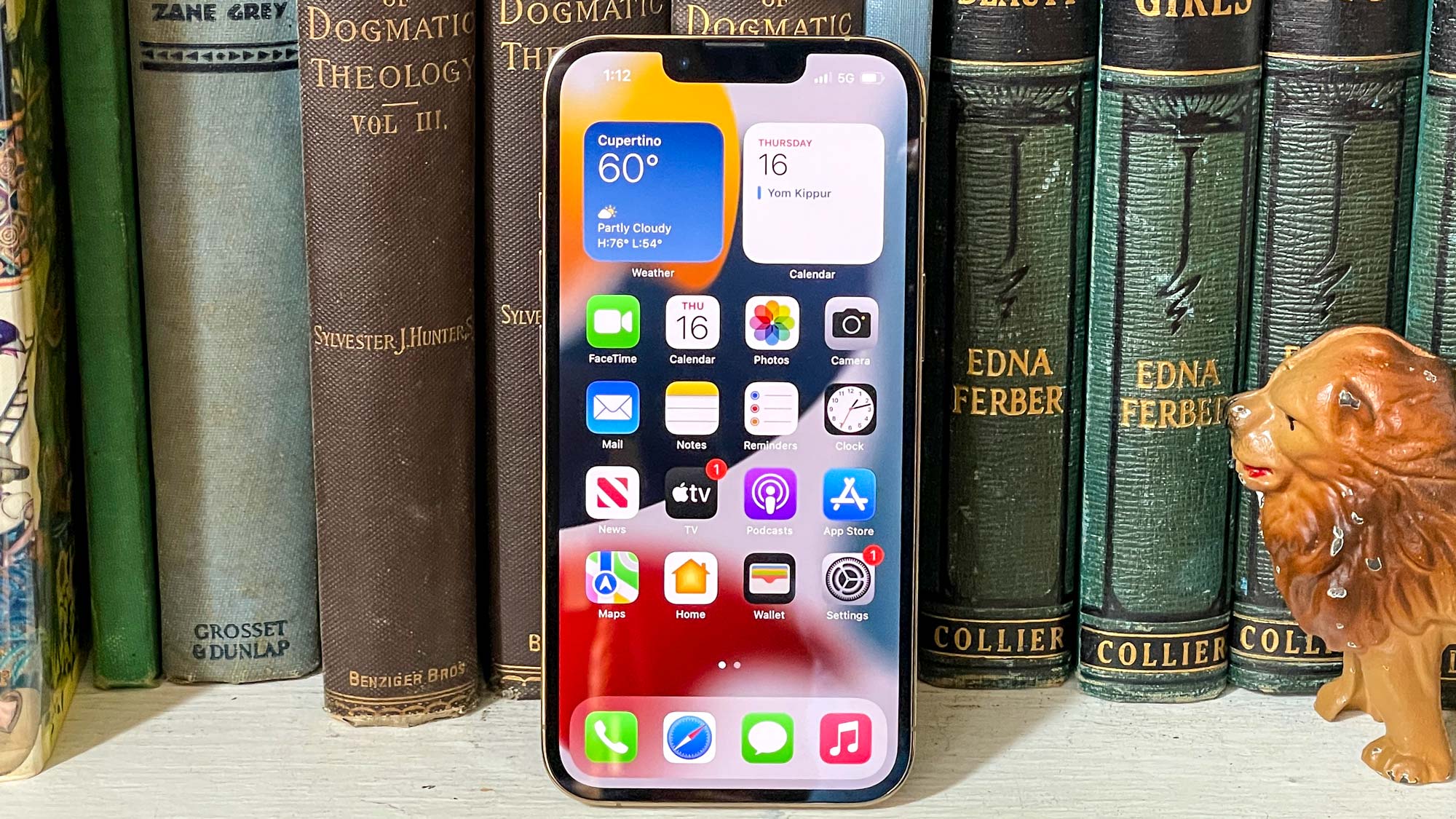
While indie apps on Android can be very good, the big name apps on iOS seem to work a lot better. Twitter is a prime example of this. On Android, it's a laggy, choppy mess. On iPhone, it's much smoother, especially on the iPhone 13 Pro Max and its 120Hz ProMotion display.
I've found many more useful third-party apps on iOS, such as Adguard Home and Pi-Hole remotes for network-wide ad and tracker blocking; Sofa for organizing my to-be read, watched, and played backlogs; Apollo, the single-best Reddit app I've ever used; Helvault for inventorying my Magic the Gathering card collection; Prologue, a beautiful player for the audiobooks in my Plex library; and Yolmo, an app that's helping me to learn coding in Lua.
Granted, there are apps exclusive to Android that I love, too: Sync for Reddit, Flud for torrents, JuiceSSH for managing connections to my servers, Moon+ Reader for accessing my Calibre e-book library, and QuickEdit+ for text editing.
But repeatedly, I think the app experience is better on iOS. There's a stronger sense of design cohesion, the performance is more consistent across the board, and I like the variety of apps available.
Consistency
This is another argument you hear in favor of iPhones. Before making my switch, I heard constantly that iPhones "just work." In fact, that phrase is somewhat of a meme, but the truth of the matter is that it's quite accurate in my experience.
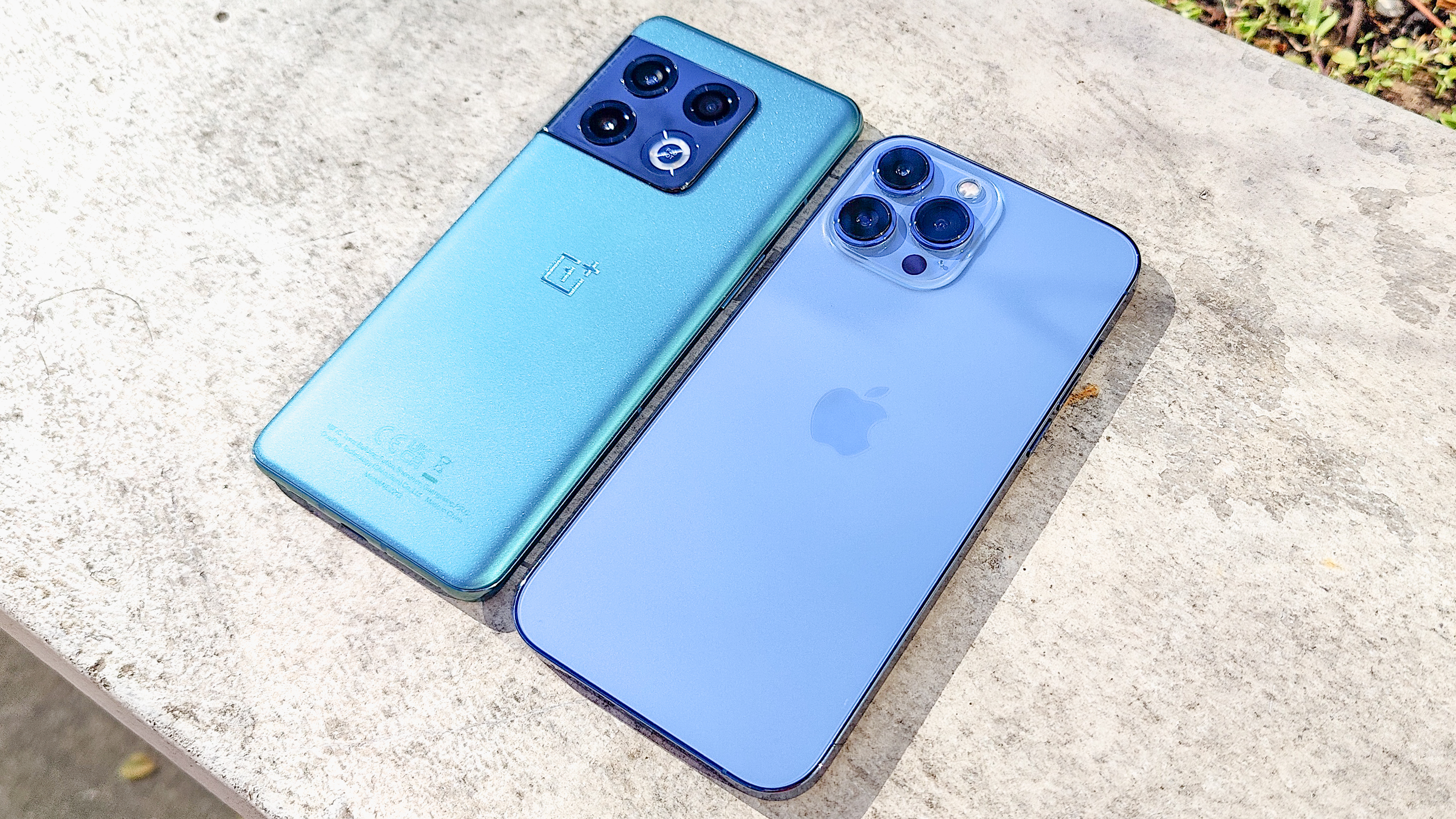
When I pick up my iPhone 13 Pro Max, I rarely have a problem. It consistently works the way I expect it to, sometimes even exceeding my expectations. It helps that my iPhone is currently the most powerful smartphone you can get. Every game I play, every app I use, every input I enter all work without a single hitch.
I typically reboot my iPhone when I run into issues with my Verizon SIM, which pop up far more often than I'd like. (If you're in my line of work, problems with Big Red are inevitable due to phone switching for reviews.) And while I wish Siri was on the level of Google Assistant, I find Apple's virtual assistant useful enough for most things.
I've grown used to how well this iPhone works. Android flagships are good enough now that I rarely have problems, but I like when a device's operation becomes background noise instead of something I notice. I don't think the Pixel 6 Pro is a bad phone despite the list of Pixel 6 problems, but I'm more aware of how it behaves than I am with my iPhone.
App Tracking
I'll wrap up with something Apple introduced in iOS 14.5: App Tracking. In short, iOS lets you deny apps the ability to track you across your phone. It's incredibly satisfying when app asks for permission, to which you can say "No." (That's not to say that the apps begging you for permission later isn't annoying or pathetic, because it certainly is.)
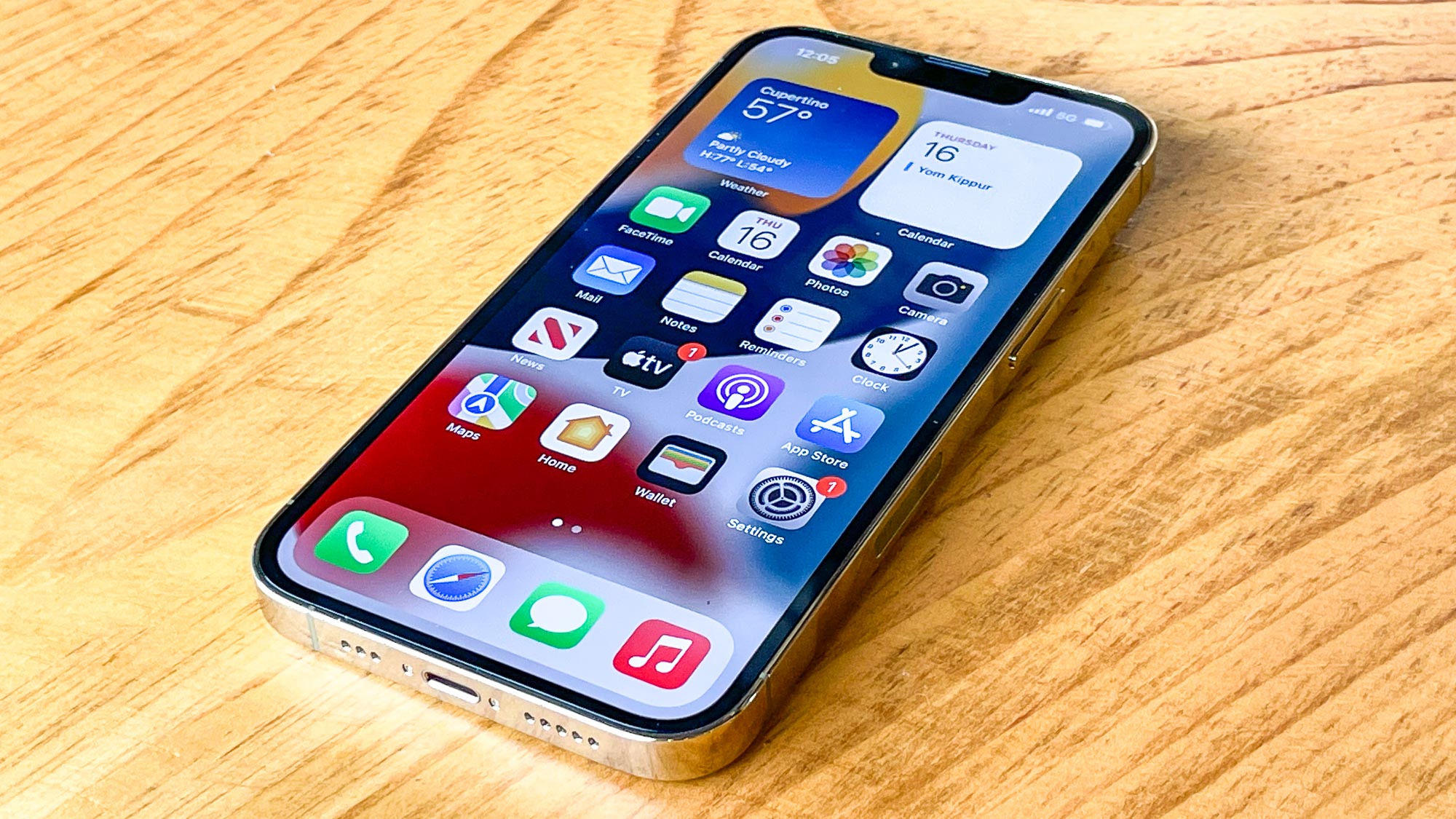
Android has no such privacy setting. While Google has cracked down on a lot in Android 12 and Android 13, Apple has a lead here. I'm not trying to make the argument that the iPhone is a super secure device that respects your privacy. It's not. But at least it has a tighter rein on third-party app data collection.
Android isn't the Wild West that it used to be, but it still has some maturing to do when it comes to user privacy. I like that Google has taken steps with the Private Compute Core, an area separate from the rest of the OS that handles more private things like on-device machine learning.
That said, I prefer the sense of security I get with the iPhone 13 Pro Max. Is it ill-founded? Perhaps, I'm OK with admitting that. But Android doesn't leave me with the same feeling. The placebo effect, if that's what this is, is a heck of a thing.
What I don't like
However, my experience with the iPhone is not all positive, which is why I consider going back to Android several times a week. My main gripe with my iPhone is notifications. Apple really needs to figure this out. The grouping is bad — chronological order isn't the most efficient — and I hate that notifications disappear from the lock screen if you unlock your phone. It's absolutely asinine and needs to change.
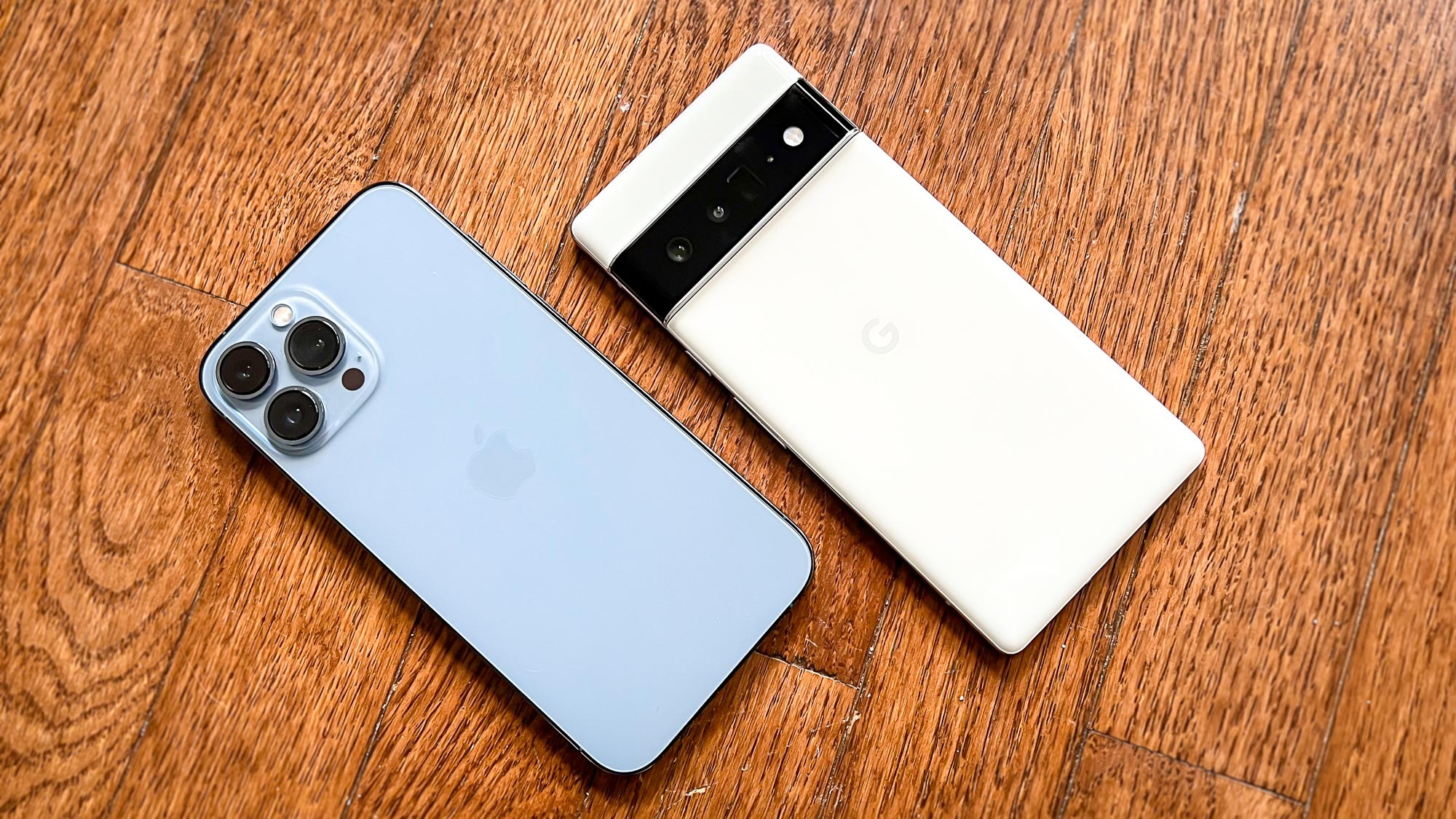
Trying to clear notifications, whether individually or all of them, is a huge pain. Android makes this process a breeze. Android also has more robust actions, such as replying to an email inline or deleting it all at once. I save a lot of time with notification triage on Android, whereas it's a hassle on iOS.
Notifications are a huge part of smartphone usage and the shoddy, haphazard way that iOS handles them is unacceptable. To remind me of this, I need only pick up my Pixel 6 Pro, sort through emails and conversations, and clear the rest of the stuff away. The same process takes much longer on my iPhone 13 Pro Max.
I also find the notifications themselves to look jarringly out of place. They just hang there in the Notification Center and don't seem to fit in with the UI design as a whole. This is a personal nitpick, but I prefer how notification items on Android look like they belong. For example, on Android 12, the curve of the notification matches the curve of the notification shade. It's a nice touch, seeming like a part of UI instead of something shoved into it like on iOS.
I think that iOS needs a visual refresh since it looks much the same as it did a few years ago. Android just went through a major metamorphosis and I'd like to see iOS do the same. It, like the current iPhone design itself, looks tired and dated.
Why I'm sticking with iPhone
Despite how much I despise notifications on iOS, I've decided to stick with the iPhone 13 Pro Max. With the iPhone 14 Pro coming in a few months, I'm sure I'll be tempted back to the land of smaller phones. I digress.
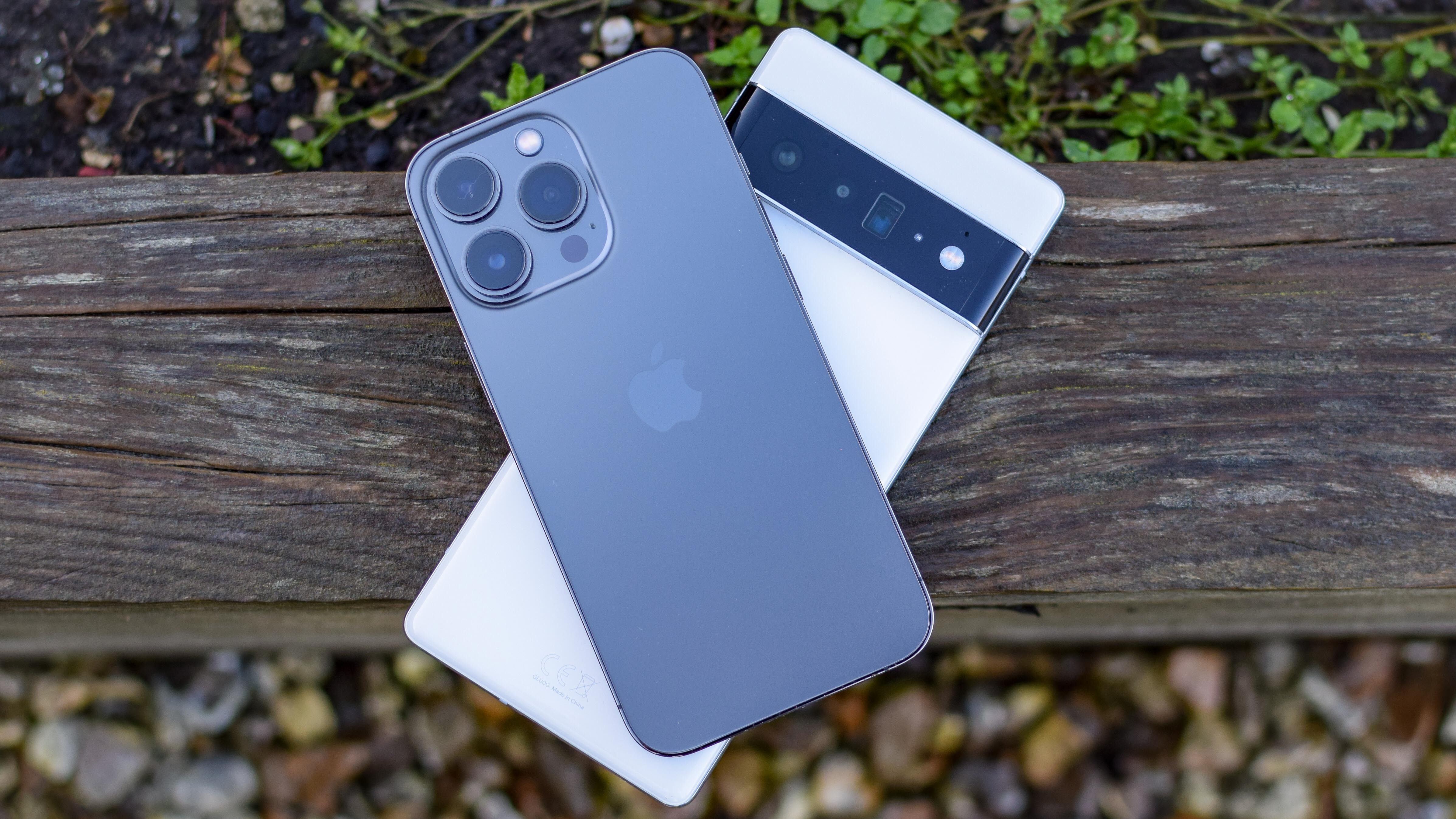
For all the reasons I laid out here, I think that iPhones are more suited to how I use a smartphone. I love the app experience, I enjoy the Apple ecosystem since it does what I need in a given day, and I like that iOS is a tad more privacy-conscious than Android is.
Nothing is perfect and I get really frustrated sometimes, but in the end, Android will remain my secondary mobile OS. Unless something changes, like Apple opening up iMessage (which won't happen) or supporting RCS (which could happen), I'm sticking with my iPhone.

Jordan is the Phones Editor for Tom's Guide, covering all things phone-related. He's written about phones for over six years and plans to continue for a long while to come. He loves nothing more than relaxing in his home with a book, game, or his latest personal writing project. Jordan likes finding new things to dive into, from books and games to new mechanical keyboard switches and fun keycap sets. Outside of work, you can find him poring over open-source software and his studies.
 Club Benefits
Club Benefits










